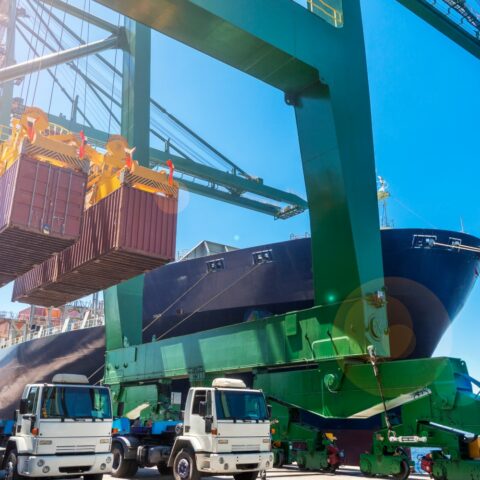The Challenge
MSMEs account for 99% of the Cambodian private sector, over 70% of employment and 58% of GDP. However, only 10% of exports come from small business. In recent years, technological and digital advances have driven significant growth in e-commerce. To keep pace, Cambodia Post has needed to modernise its processes and services to provide MSMEs with an affordable and reliable route to international markets. The sheer volume of small packages also presents challenges for Cambodia Customs (GDCE), tasked with the efficient release and clearance of packages while ensuring consumer safety.
What We Did
The Alliance project established a fully functional Electronic Advance Data system by seamlessly integrating Cambodia Customs ASYCUDAWorld and Cambodia Post’s Customs Declaration System, marking a significant step in digitalising Customs processes for international postal shipments.
Using its public private partnership approach to trade facilitation, the Alliance worked with the Cambodian Women Entrepreneurs Association (CWEA) to develop an e-logistics platform, allowing 600+ MSMEs easier access to postal and express shipment services for domestic and international e-commerce activities.
The Alliance also conducted capacity building programmes to boost export-readiness for MSMEs through a dedicated programme called Small Package Exporter Champions (SPEC).
The Impacts
- Improved access to data for Customs, potentially enhancing
their risk management processes by enabling advance risk analysis. - Improved administrative processes and efficiency gains for Cambodia Post.
- Reduced the administrative burden of shipping small packages for MSMEs.
- Increased capacity in MSMEs to engage in cross-border e-commerce.


 Cambodia
Cambodia

